
New York Vehicle & Traffic Laws
Every licensed driver in New York is expected to follow the rules laid out in the New York Vehicle and Traffic Law (VTL) — the legal framework that governs driving behaviour across the state. If you hold a learner permit or are preparing for your road test, it’s critical to understand how these laws work and what they mean for you on the road.
This page provides a plain-English overview of the most important parts of New York’s traffic law system.
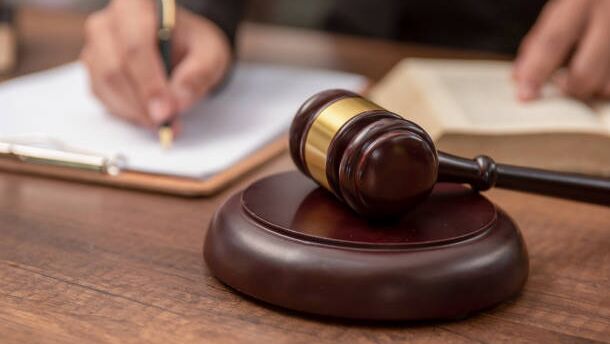
What Is the VTL?
The Vehicle and Traffic Law is a set of statutes written and enforced by New York State. It includes laws on:
Driver licensing and suspensions
Roadway signs, signals, and markings
Speed limits and safe driving standards
Impaired driving (DWI/DWAI laws)
Vehicle registration and insurance
Traffic violations and enforcement penalties
Whether you're making a lane change, stopping at a crosswalk, or turning at a red light, these laws guide how you should behave — and what happens if you don’t.
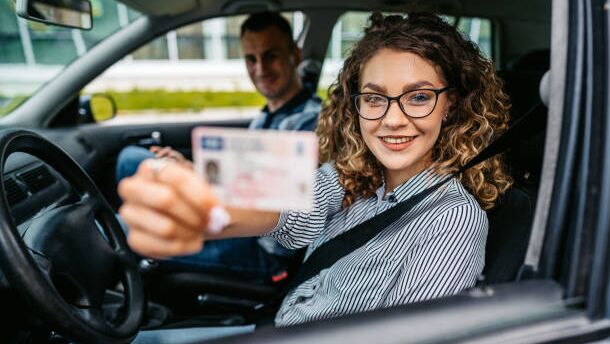
Licensing Rules and Driver Responsibilities
New York’s graduated licensing system includes important rules for new drivers:
You must carry a valid learner permit or driver licence while operating a vehicle.
You may only drive when supervised or under the conditions allowed by your licence class.
Driving without a valid licence or in violation of your permit restrictions is illegal and punishable by fines, points, or suspension.
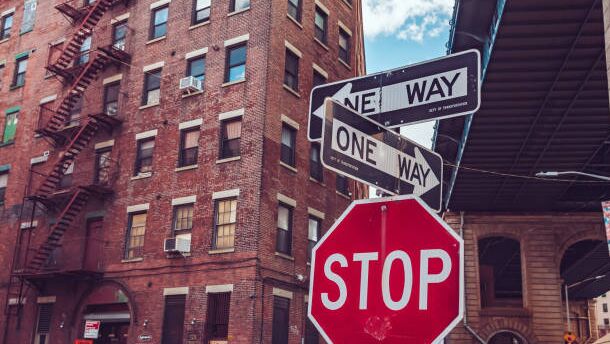
Obeying Traffic Control Devices
Traffic signs, signals, and road markings are legal commands — not suggestions. Failure to obey them is a direct violation of VTL and can result in penalties, including:
Running red lights or stop signs
Ignoring lane-use arrows or pavement markings
Speeding through school or work zones
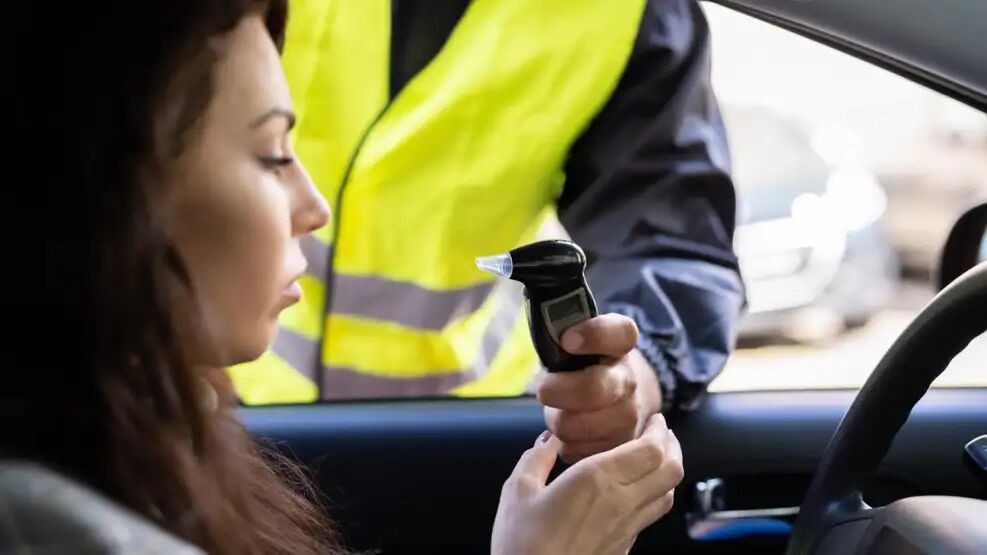
Driving While Impaired
The VTL has strict provisions for driving under the influence. These include definitions of:
Per se DWI (BAC of 0.08 or higher)
Zero Tolerance Law for drivers under 21 (BAC of 0.02 or higher)
Rules around chemical testing, implied consent, and refusal penalties
See our full page on Penalties for Driving Violations in New York for more detail.

Right of Way and Road Sharing
The law also defines who has the right of way in intersections, pedestrian crossings, school zones, and when merging. Key expectations include:
Always yield to pedestrians in crosswalks
Obey stop and yield signs without exception
Be cautious at uncontrolled intersections
New York law also requires safe sharing of the road with bicyclists, motorcyclists, school buses, and emergency vehicles.
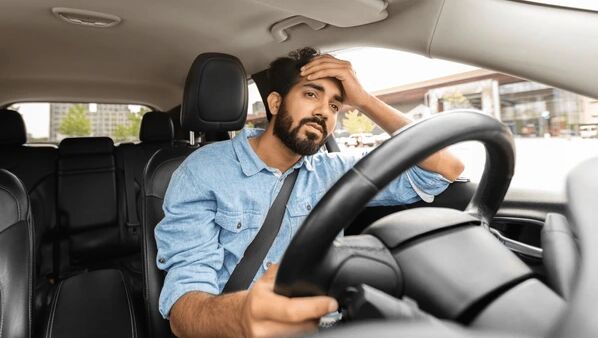
Consequences of Violating VTL
Violations may lead to:
Fines and points on your licence
Suspension or revocation of driving privileges
Driver Responsibility Assessments
Impact on car insurance and future licensing

Learn the Law
Drive with Confidence
Knowing the law isn’t just about avoiding tickets — it’s about protecting yourself, your passengers, and others on the road.
For more details or questions about a specific VTL section, contact the New York State DMV or speak with your driving instructor.
Ready to Get Started?
Start your 5-hour course online today with an approved DMV provider. What if your road test could be just weeks away—and all that’s standing between you and the open road is five hours of online learning?